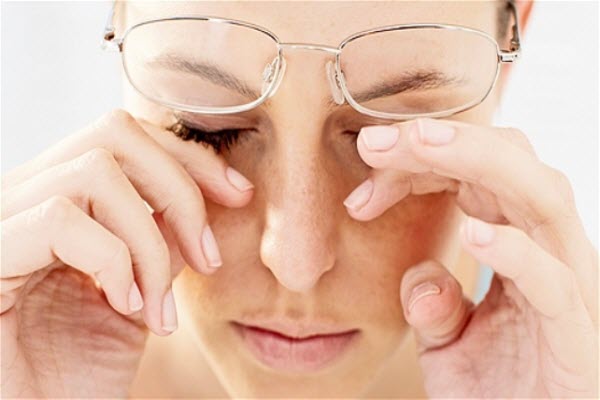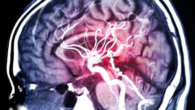
Doctors have named the causes of dry eyes
0
Dry eyes can occur for various reasons, including age, bad habits, and various diseases. For many people, it is an unpleasant condition that affects everyday life.
In addition, dry eyes can cause redness, tearing, blurred vision, sensitivity to light, or fatigue. They can also make it difficult to wear contact lenses.
The main causes of dry eyes are listed on the Mayo Clinic Health System website. These include:
- Age – as you age, the functioning of your eyes changes, and they may start to work less well;
- Hormones – changes in hormone levels associated with age, pregnancy, and other conditions affect your eyes;
- diseases – people with diabetes, thyroid diseases, autoimmune and inflammatory diseases, including rheumatoid arthritis, are more prone to developing dry eyes;
- taking certain medications – this factor can also increase the likelihood of dry eyes;
- smoking – irritation from tobacco smoke, as well as internal processes caused by the bad habit, can lead to dry eyes;
- general health of the organs of vision – the condition of the eyelids and eyelashes is very important. Eye diseases can contribute to the development of dry eye syndrome;
- contact lenses – wearing them can destroy the tear film, which leads to discomfort;
- environment – dry, windy, dusty and smoky conditions can lead to dry eyes. This is also influenced by the season – often discomfort in the eyes occurs in winter due to dry air and heaters;
- blinking frequency – if a person rarely blinks, the likelihood of developing dry eyes increases. Most often, people rarely blink when working at a computer and smartphone;
- vitamin D deficiency – this condition can also contribute to dry eyes.









Leave a Reply